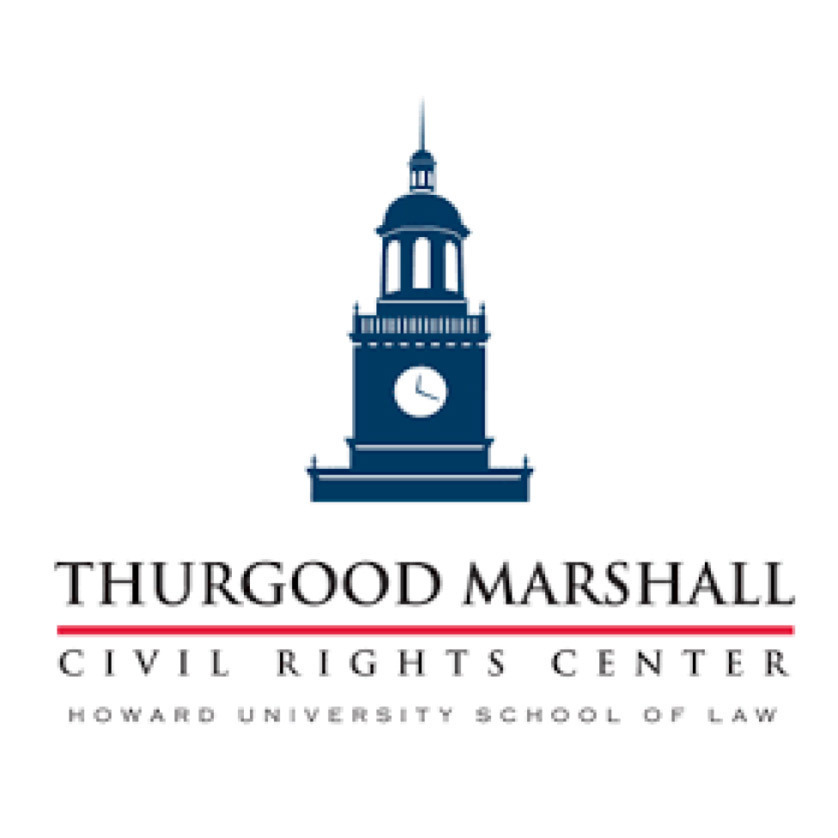Case Citation
Rekia Boyd et al. v. United States of America, Case 1720-15, Inter-Am. Comm’n H.R., Report No. 374/22, OEA/Ser.L./V/I, doc. 382 (2022)
Tags
Share
This case seeks accountability through international human rights law for the extrajudicial killing of Rekia Boyd by a Chicago police officer.
Rekia Boyd, a 22-year-old Black woman, was walking with friends from Chicago’s Douglass Park when off-duty police officer Dante Servin pulled up in his Mercedes and told the group to quiet down. Without warning, Servin opened fire on the group with an unregistered weapon, falsely claiming he saw a man in the group pull a gun.
Rekia was struck in the head and would never live to tell her story. Rekia was laughing just before the bullet struck her.
The tragedy of Rekia’s death was followed by a legal debacle. After a 20-month delay, Servin was charged with involuntary manslaughter, which requires evidence of “recklessness.” The judge in the case ruled that Servin was not guilty of the charge because he intentionally fired his weapon. He noted in his ruling that Servin should have been properly charged with first-degree murder, which requires evidence of “intent.”
Protests erupted in Chicago and elsewhere. Servin returned to the police force, only to retire—with his pension—days before a departmental hearing that could have led to his firing.
Rekia’s death and Servin’s impunity took place against the backdrop of a documented, pervasive pattern of excessive force by police against Black Americans across the United States and in Chicago in particular. Officers in Chicago fatally shot more people between 2010 and 2014 than officials in any other major city in the U.S. The city has spent more than $650 million on settlements for police misconduct since 2004. In 2017, the U.S. Department of Justice issued a report finding that the Chicago Police Department engages in a pattern of unconstitutional use of lethal and non-lethal force.
What is the legal argument in this case?
This case asks the Commission to declare that the United States violated the human rights of Rekia Boyd, her mother Angela Helton, and her brother Martinez Sutton.
It argues that the United States fails to create and maintain structures that hold police accountable for the excessive and unlawful use of force against Black
people in the United State; fails to hold prosecutors accountable for their discretionary charging of police officers; and fails to act with due diligence to conduct effective investigations and provide equal and effective access to justice.
These failures violate guarantees in the American Declaration of the Rights and Duties of Man to life, liberty and personal security; to equality before the law; to a fair trial; to protection from arbitrary arrest; and to due process of law.
What is the status of this case?
In 2022, the Inter-American Commission on Human Rights found that Rekia’s petition raised colorable claims of violations of human rights.
A merits decision on the case remains pending with the Commission.
July 5, 2023
Petitioners’ merits brief
December 19, 2022
Commission report finding the petition admissible
Case Partners
-

Howard Law School Thurgood Marshall Center Clinic
Our collaboration filed a petition before the IACHR on behalf of the family of Michael Brown, a Black teenager who was shot and killed by a police officer in Ferguson, Missouri.


